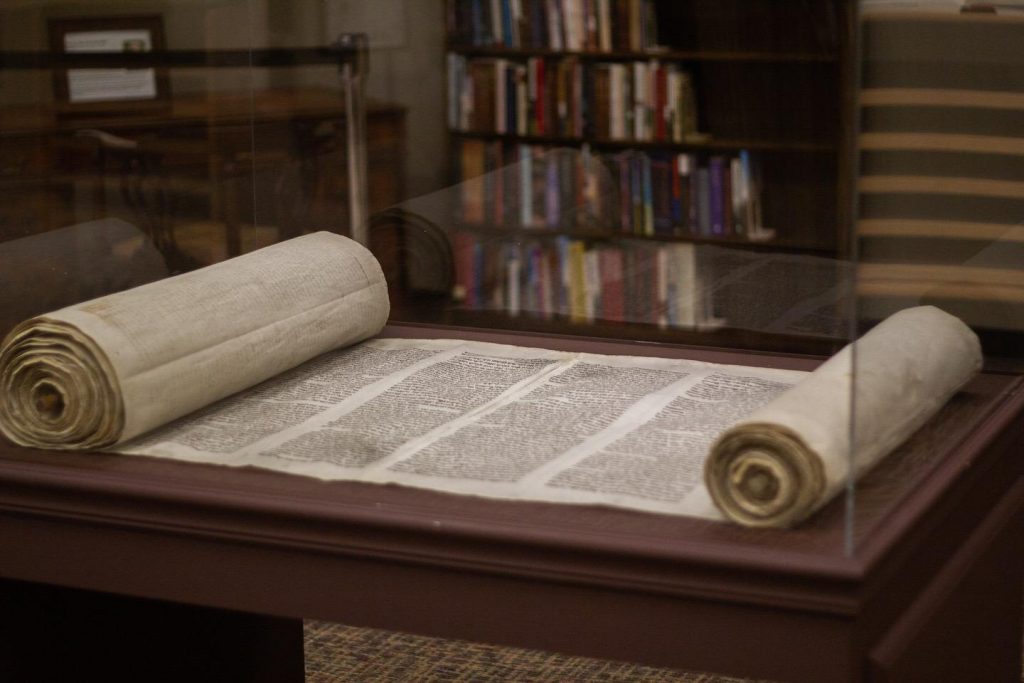
Matthew writes, “Aware of this, Jesus withdrew from that place. Many followed him, and he healed all their sick, warning them not to tell who he was. This was to fulfill what was spoken through the prophet Isaiah: “Here is my servant whom I have chosen, the one I love, in whom I delight; I will put my Spirit on him, and he will proclaim justice to the nations. He will not quarrel or cry out; no one will hear his voice in the streets. A bruised reed he will not break, and a smoldering wick he will not snuff out, till he leads justice to victory. In his name the nations will put their hope.”
This is not the first time that Matthew writes about Jesus healing quantities of sick people. In chapter 4 he wrote, “Jesus went throughout Galilee, teaching in their synagogues, preaching the good news of the kingdom, and healing every disease and sickness among the people.” In chapter 8 he said, “When evening came, many who were demon-possessed were brought to him, and he drove out the spirits with a word and healed all the sick.” Chapter 9 says, “Jesus went through all the towns and villages, teaching in their synagogues, preaching the good news of the kingdom and healing every disease and sickness.” There is a very clear trend here. Jesus’ ministry was not a ministry of preaching and teaching and the occasional wonder. Jesus’ ministry was a ministry of healing. Healing others was a key facet of His ministry throughout His public work.
That is because His ministry of healing had a specific purpose. On two of the above occasions the Word records the phrase, “This was to fulfill what was spoken through the prophet Isaiah.” This means that healing the sick was a prophetic mandate that Jesus was fulfilling. But it was more than that. Jesus fulfilled hundreds of prophesies. Matthew is making a special point of this one for a reason: It accomplished two things simultaneously. Firstly, it demonstrated that Jesus was the Messiah that Isaiah spoke of. This is a key motif in Matthew’s Gospel – He wrote the Gospel so that the Jewish people could clearly see Jesus as their Messiah and Lord. Nothing demonstrates that so viscerally as healing. Whenever divine healing happens, it demonstrates the presence, power, rule and authority of Christ. This is true to our day. But also, healing was (and is) a means of bringing about justice.
Sin brought imperfection into the world God created perfectly. So while disease and sickness is a grief to us who commit sin, it is also a gross injustice to God our creator, who sees how the wickedness we perpetrated is staining that which He made to be holy. Surely from His vantage point, setting creation right again is the very essence of justice!
A healing ministry is therefore not an optional activity for the minister of the Gospel. It is a necessary ministry. It continues and expands the work of Jesus and it continues and expands the justice of His coming Kingdom.
The godly are […] God’s appointed instruments of restoration. Such is the ministry of healing and reconciliation which God has given to his people—then as well as now.
Willem A. VanGemeren
APPLICATION: Intentionality
To whom have you most recently ministered for healing?

